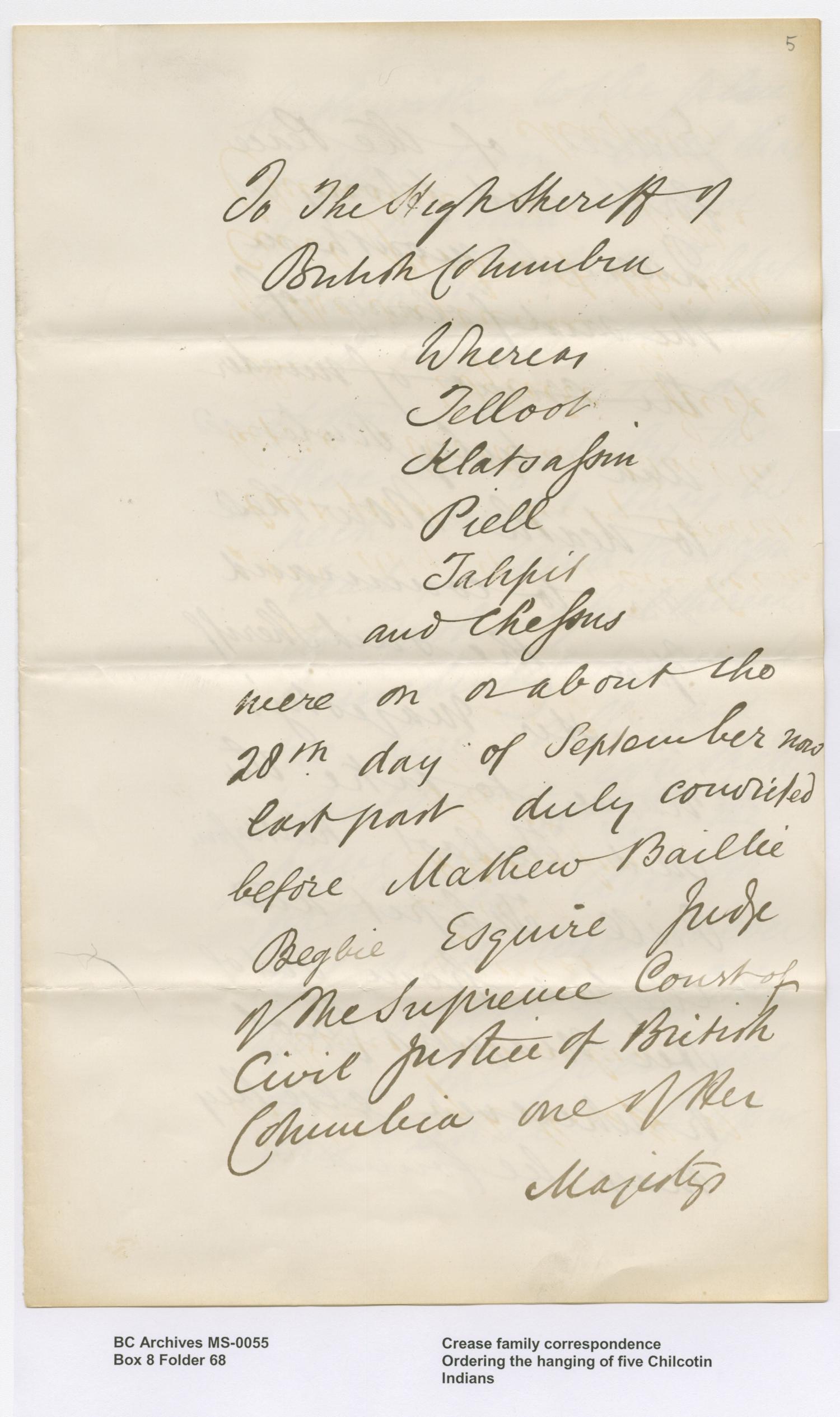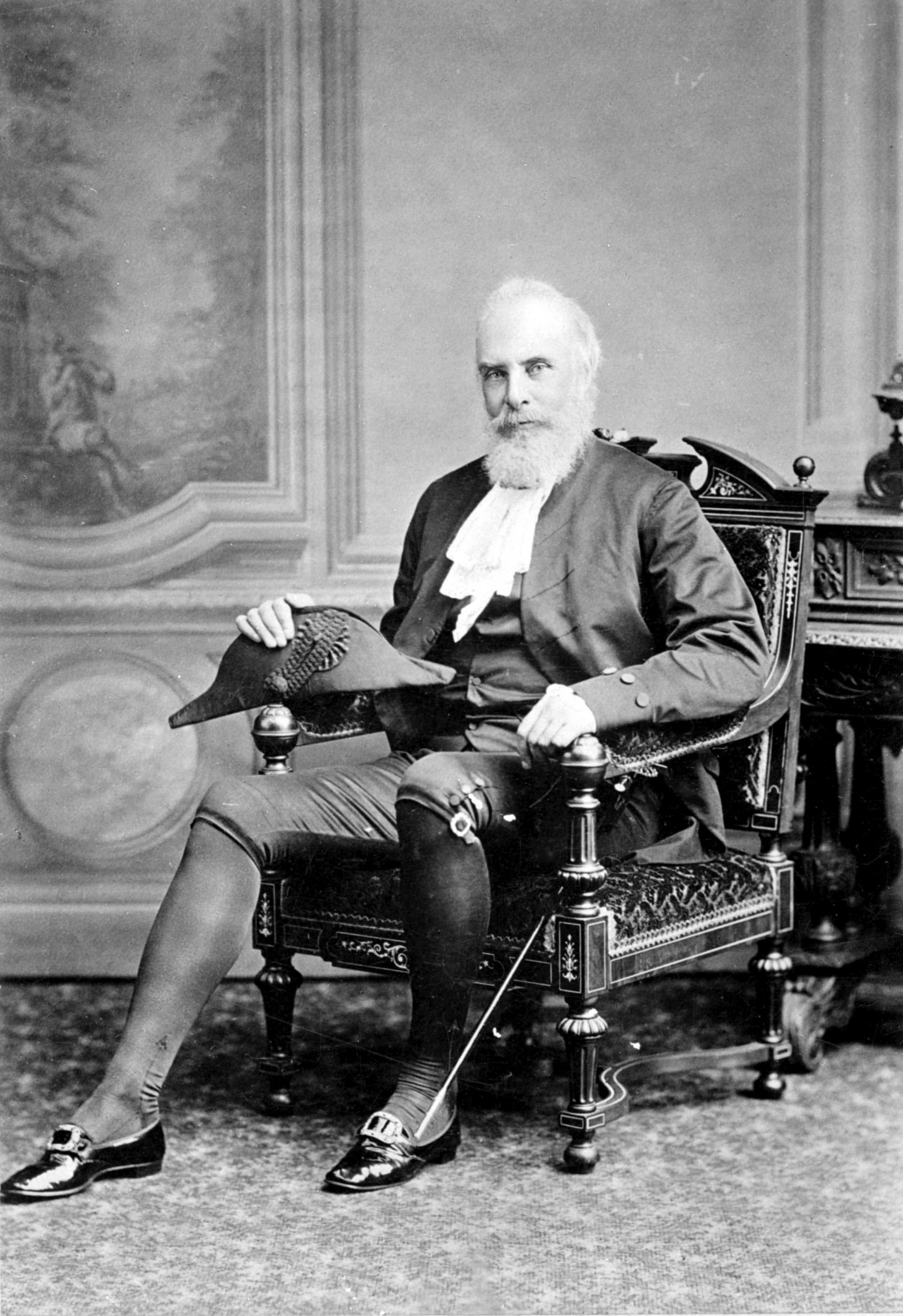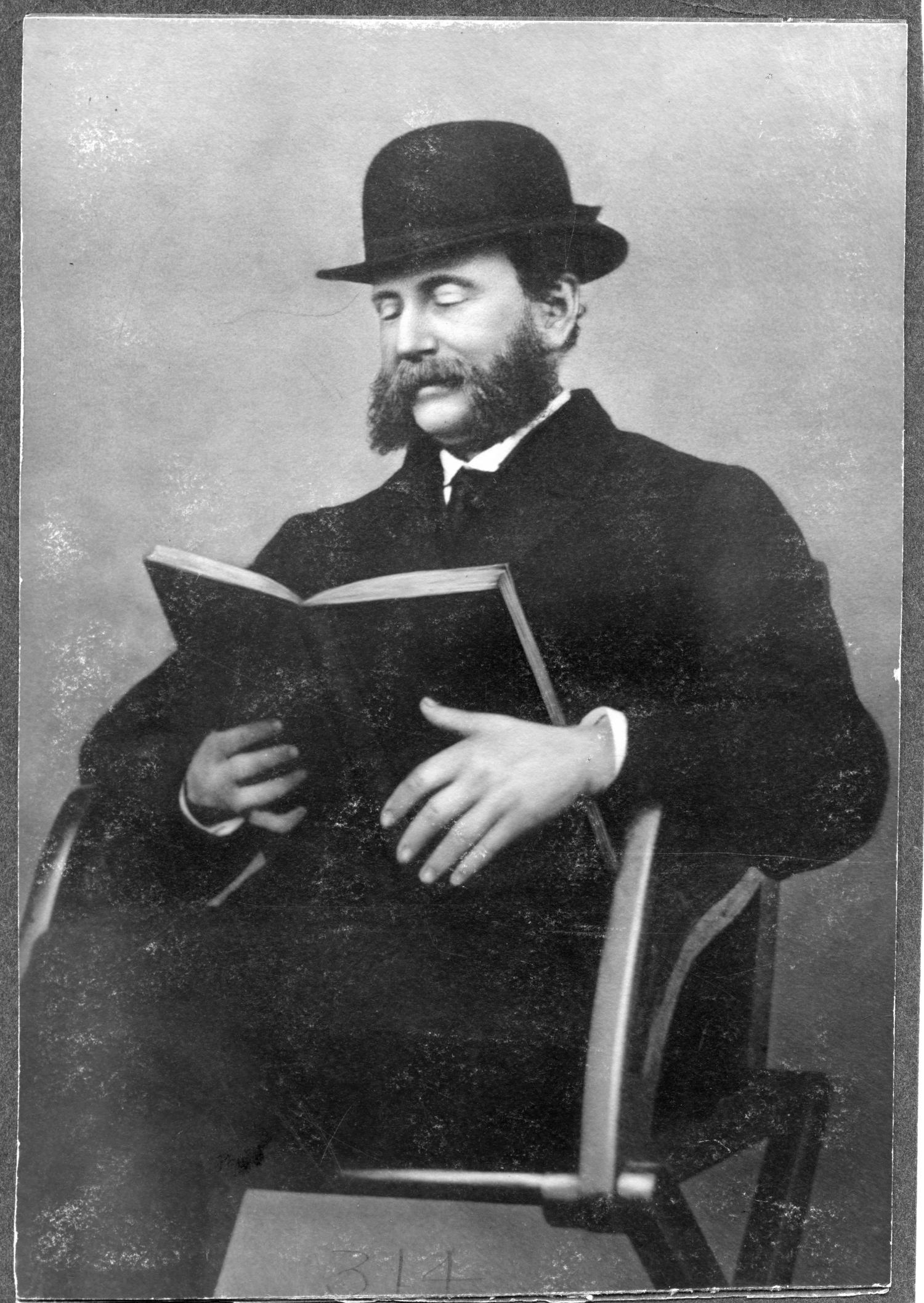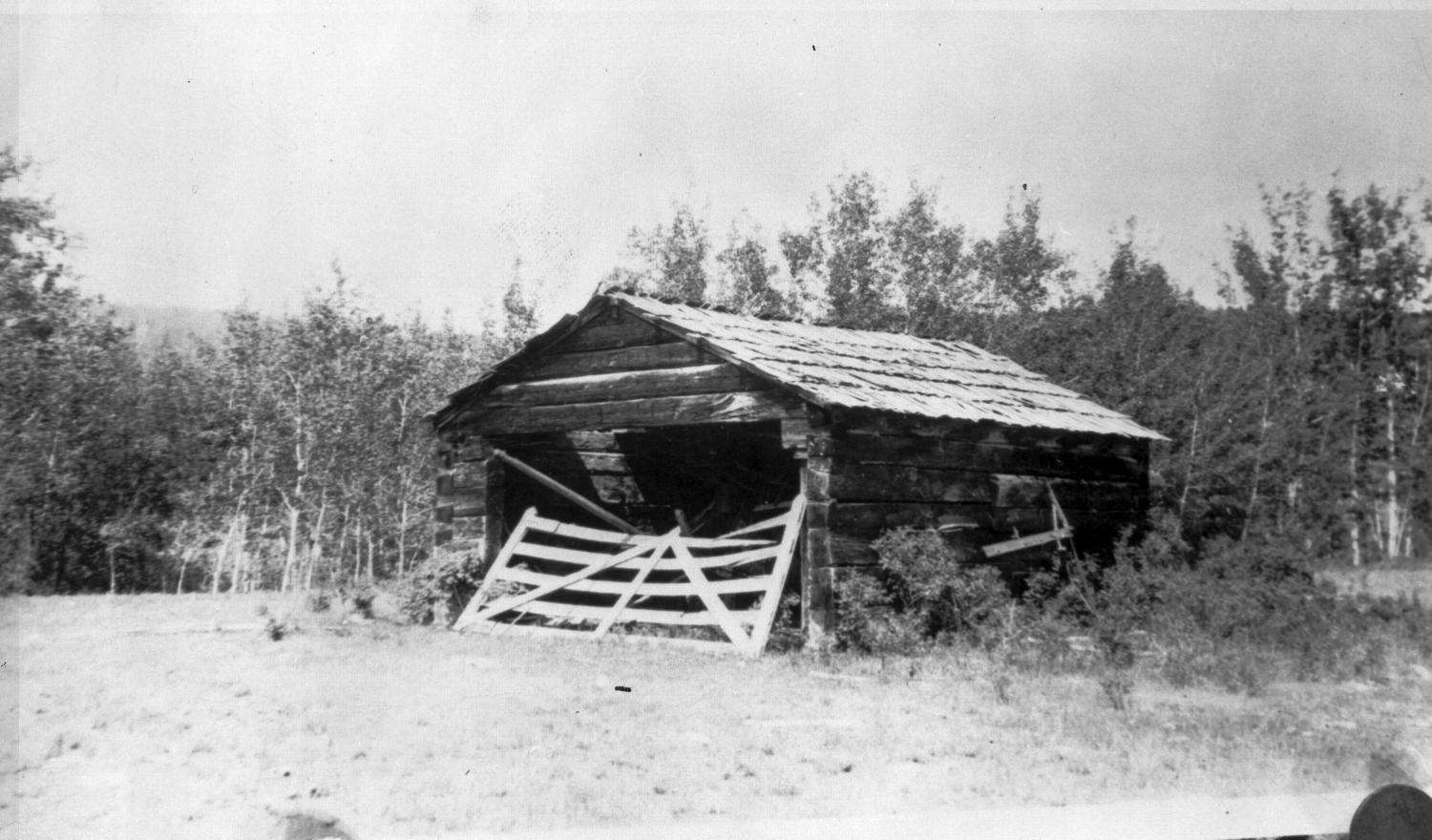Judge Begbie Hangs Chiefs
A conflicted man hands down death sentence to Indigenous warriors
Date: 1864
The Tsilhqot’in War ended with a surprise trial in 1864. After 24 Tsilhqot’in warriors had killed members of Alfred Waddington’s road-building crew, eight agreed to travel to Quesnel for peace talks. They believed they would not be killed and instead would have the chance to talk with B.C. Governor Frederick Seymour himself.
This is not what happened. Upon arrival, the chiefs were immediately detained. On Sept. 28 and 29, six of the eight were tried by a jury in Quesnel.
Overseeing the trial was Chief Justice Matthew Baillie Begbie. His notes reveal that he was conflicted. He referred to the Tsilhqot’in as “savages,” but he also respected them. Begbie had learned how to speak their language. He learned how smallpox was leveraged as a threat against the traumatized community and that Tsilhqot’in women had been raped or forced into prostitution. “The Indians have I believe been most injudiciously treated,” he wrote. “[I]f a sound discretion had been exercised towards them, I believe this outrage would not have been perpetrated.” He was not alone in thinking this: newspapers in Victoria and New Westminster also wrote disapprovingly of how the colonial government was handling the conflict.
Nevertheless, the jury found five of the six Tsilhqot’in guilty of murder: Telloot, Tahpit, Piel, Chessus, and Klatsassin. The sixth, Chedékki, was sent to New Westminster for a later trial but escaped en-route and was never caught. Judge Begbie handed down what was the automatic sentence: death by hanging. He also wrote to the governor. “[T]he blood of 21 whites calls for retribution,” he acknowledged. Begbie then added, “I do not envy you your task.” While the men had been sentenced, Governor Seymour had the power to grant them clemency. It was uncertain whether or not he would.
He did not. The five warriors were immediately hanged. A sixth chief named Ahan was hanged a year later in New Westminster after he came forward seeking exoneration for his role in the war. And for his sentencing, Judge Begbie has long been held responsible for their deaths, despite Governor Seymour’s inaction ultimately condemning the men. In 2018, Prime Minister Justin Trudeau apologized for their deaths and exonerated the hanged warriors. “We honour and recognize six Tsilhqot'in chiefs — men who were treated and tried as criminals in an era where both the colonial government and the legal process did not respect the inherent rights of the Tsilhqot'in people."
Sources:
- Hewlett, Edward Sleigh. “The Chilcotin Uprising of 1864.” BC Studies: The British Columbian Quarterly, 1973, ojs.library.ubc.ca/index.php/bcstudies/article/view/784.
- Mole, Rich. The Chilcotin War: A Tale of Death and Reprisal (Amazing Stories). Later Printing, Heritage House Publishing, 2010.
- Tasker, John Paul. “‘We Are Truly Sorry’: Trudeau Exonerates Tsilhqot’in Chiefs Hanged in 1864.” CBC News, 26 Mar. 2018, www.cbc.ca/news/politics/pm-trudeau-exonerate-tsilhqotin-chiefs-1.4593445.
- Valley, The People Of The Nemiah, et al. Nemiah: The Unconquered Country. 0 ed., New Star Books, 1992.
https://nationalpost.com/news/canada/what-really-happened-in-the-chilcotin-war-the-1864-conflict-that-just-prompted-an-exoneration-from-trudeau





